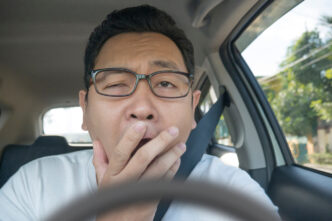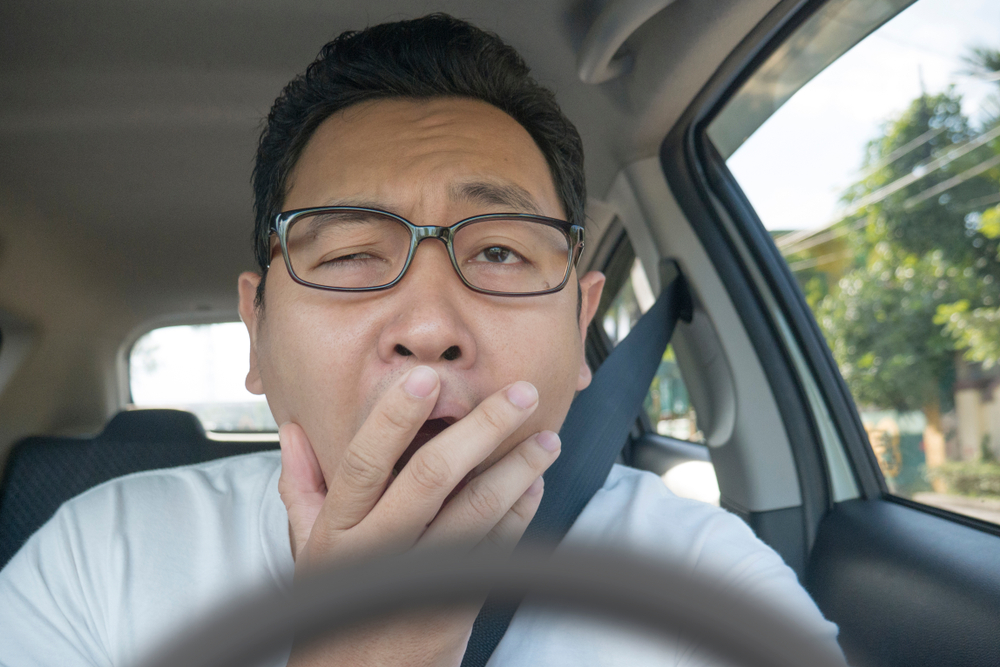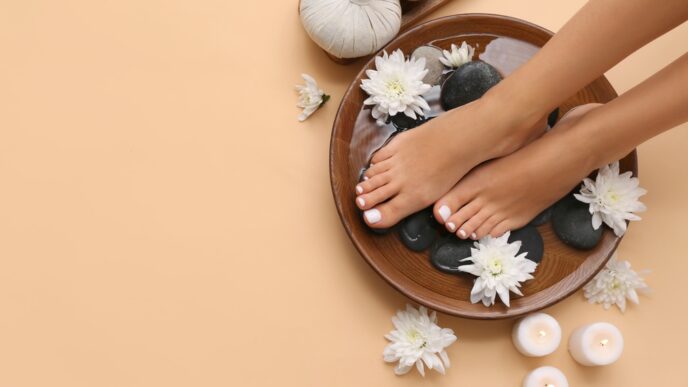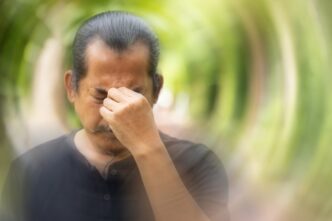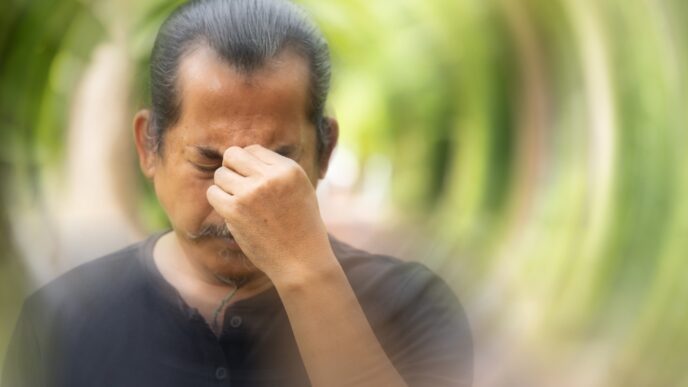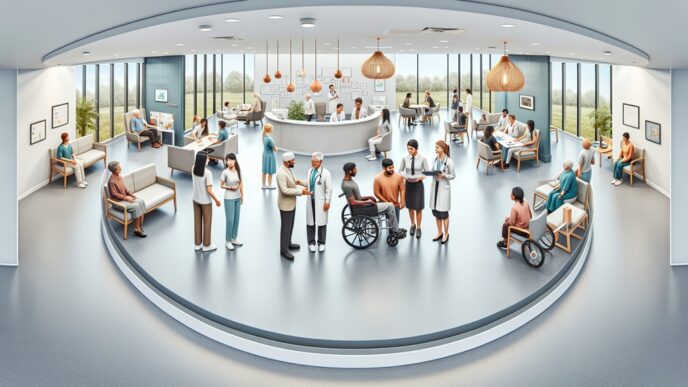Traffic jams have become a daily reality for many Malaysians, especially in the ever-crowded Klang Valley. And while we’re stuck inching along, sometimes nature calls at the worst possible moment. But is holding it in bad for your bladder? We asked a urologist to find out if your loo drama comes with health risks.
WORDS PROFESSOR DR CHRISTOPHER HO CHEE KEONG
 FEATURED EXPERT FEATURED EXPERTPROFESSOR DR CHRISTOPHER HO CHEE KONG Consultant Urologist School of Medicine Taylor’s University |
SHORT TERM HOLDING IN
In the short term, no, there may not be any noticeable issue.
HOLDING IN CONSTANTLY OVER LONG PERIODS OF TIME, HOWEVER, IS A DIFFERENT STORY
#1 Changes to the Bladder
Due to prolonged holding of urine in the bladder, the bladder may undergo structural and physiological changes that are like those seen in someone with an obstruction of the bladder outlet, such as an enlarged prostate).
These changes include modulation of several signaling pathways involved in bladder control and histologic changes in bladder cells.
#2 Overactive Bladder
This can initially give rise to overactive bladder.
You’ll feel more frequent and sudden urges to urinate, and this urge can be hard to control.
#3 Bladder Underactivity
If this is not treated, it can lead to bladder underactivity, sometimes also known as ‘lazy bladder’.
At this stage, your bladder loses its elasticity and cannot contract to empty the bladder.
As a result, your bladder will be able to accommodate more and more urine so much so you may not feel urine accumulating anymore.
#4 Further Complications
Bladder underactivity causes retention of urine.
It can then give rise to complications such as urine infection and damage to the kidneys.
WHAT YOU CAN DO
Holding your urine occasionally is okay.
However, holding your urine continuously frequently and keeping too much urine in your bladder over the long term can cause problems.
- Urine production is about 30 to 50 ml per hour, therefore normally you’ll need to empty your bladder about every 4 to 5 hours during daytime.
- Therefore, if you need to travel long distances over a long time, it is advisable to go to the toilet before you start the journey.
- Avoid caffeine and carbonated drinks.
- Empty your bladder when you have the chance, such as when you come across a petrol station or a rest stop, about every 3 to 4 hours.
| This article is part of our series on health issues related to the urological system, which involves the kidneys, urethra, ureter, and bladder. |
References:
- Fusco, F., Creta, M., De Nunzio, C., Iacovelli, V., Mangiapia, F., Li Marzi, V., & Finazzi Agrò, E. (2018). Progressive bladder remodeling due to bladder outlet obstruction: a systematic review of morphological and molecular evidences in humans. BMC urology, 18(1), 15. https://doi.org/10.1186/s12894-018-0329-4
- Bosch, R., Abrams, P., Averbeck, M. A., Finazzi Agró, E., Gammie, A., Marcelissen, T., & Solomon, E. (2019). Do functional changes occur in the bladder due to bladder outlet obstruction? – ICI-RS 2018. Neurourology and urodynamics, 38 Suppl 5(Suppl 5), S56–S65. https://doi.org/10.1002/nau.24076

